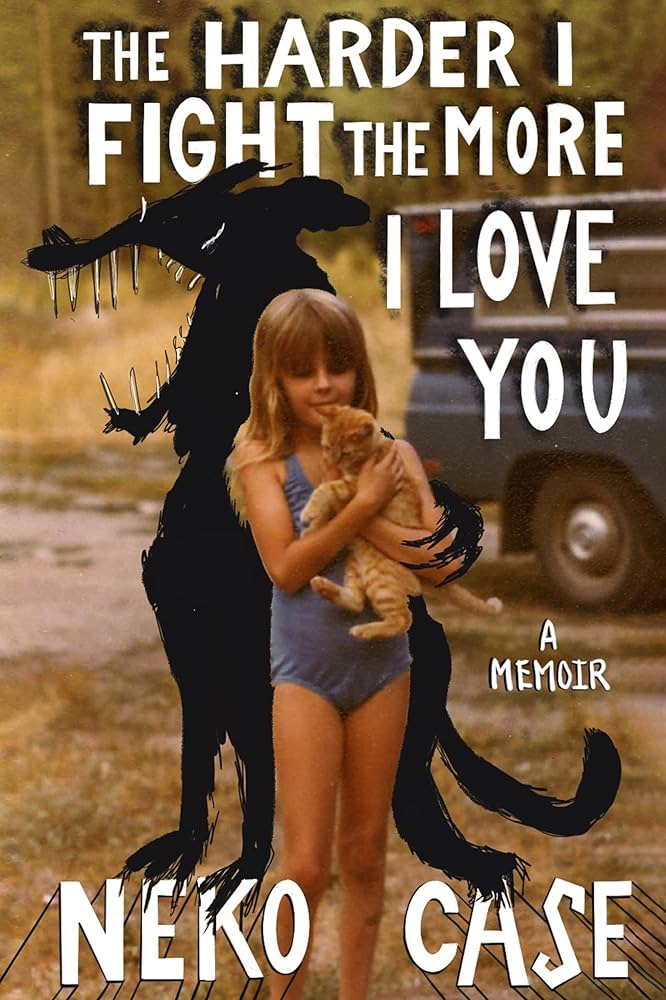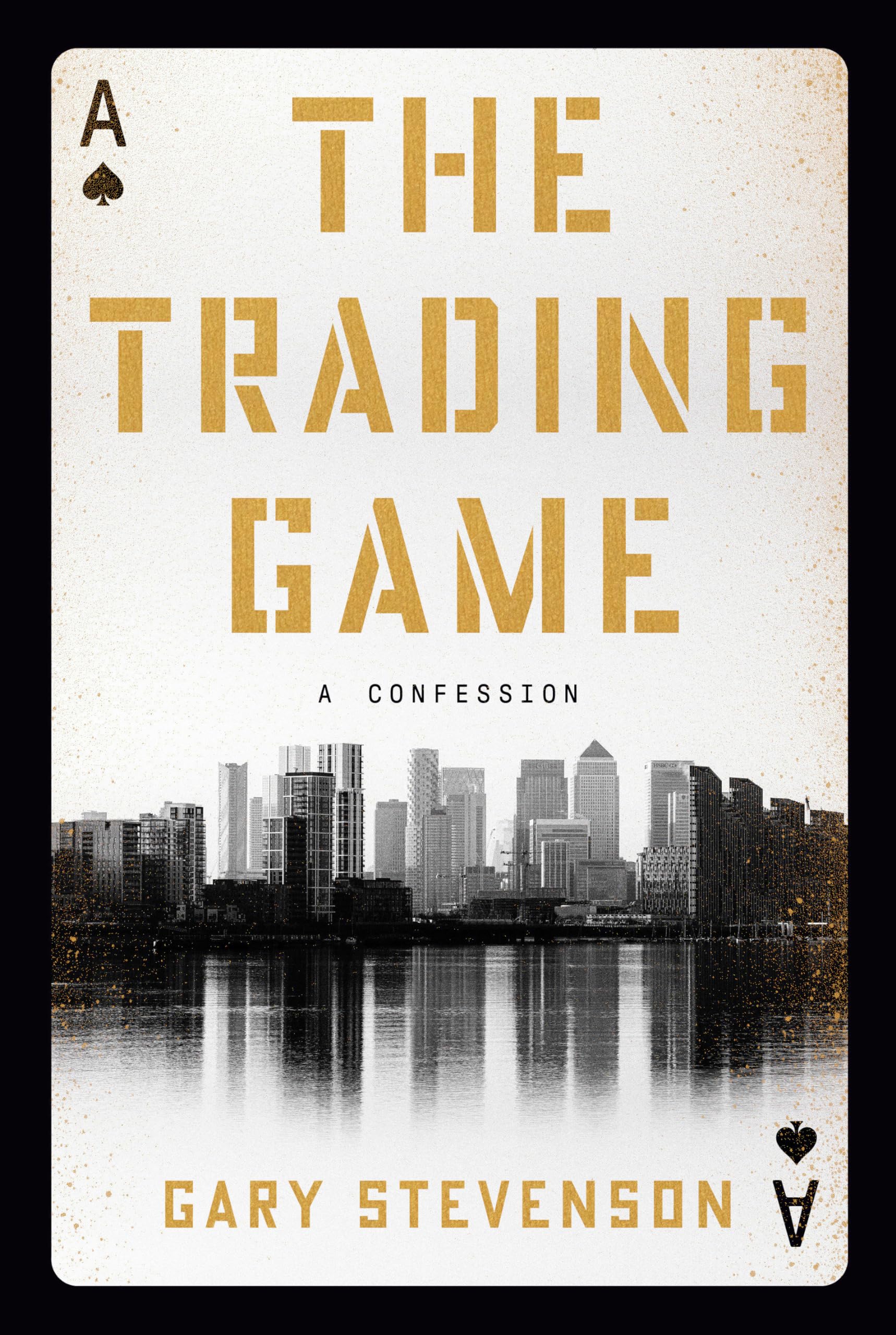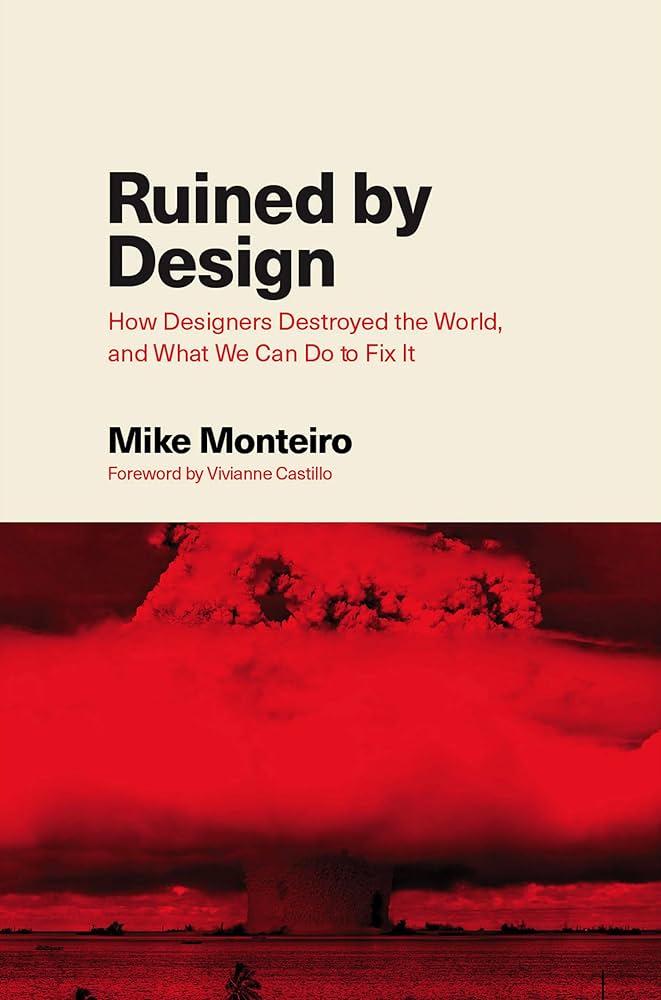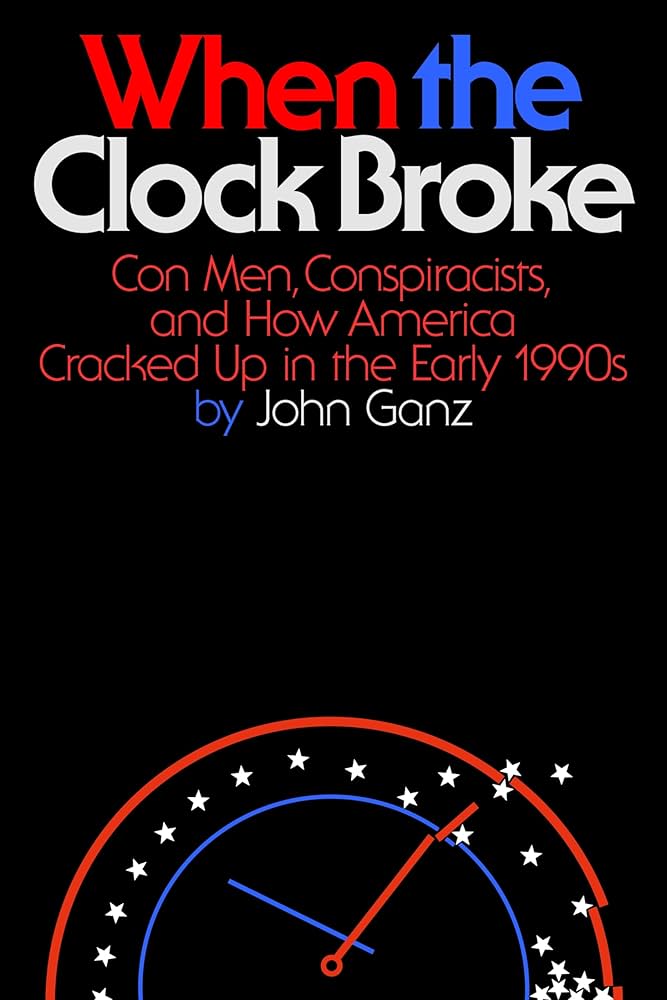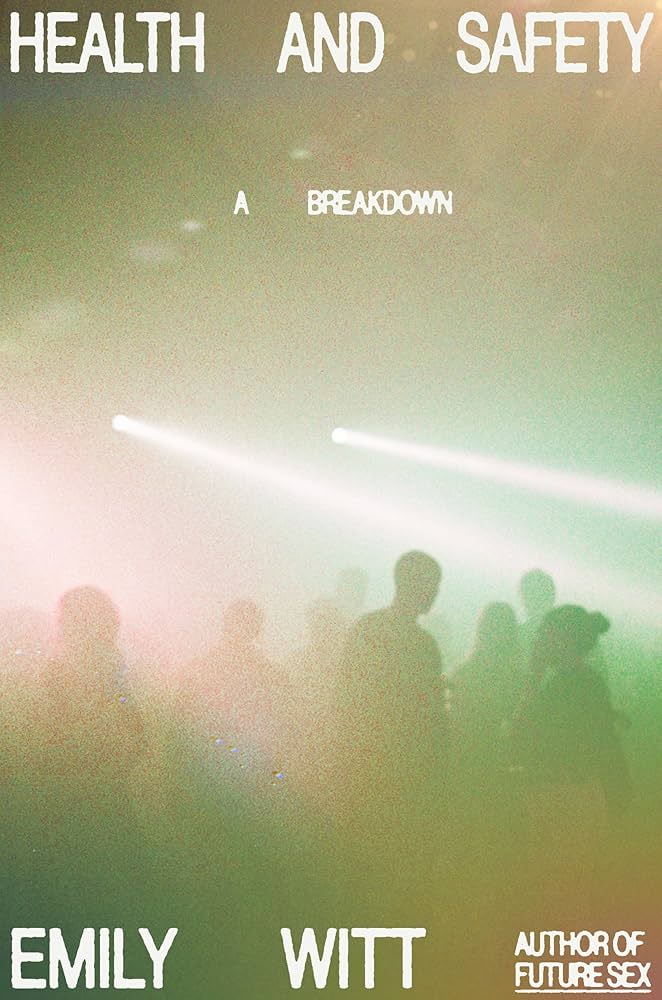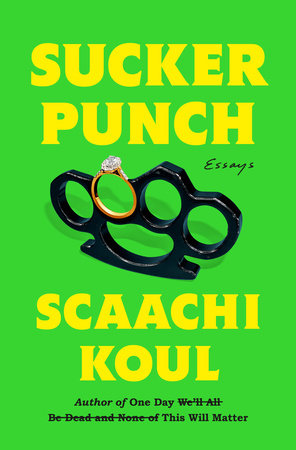It’s hard to figure out how well-known Neko Case is. She’s a legend in my mind, an all-time favourite artist for both her New Pornographers work (Mass Romantic is an all-timer), and her solo stuff (so is Fox Confessor Brings the Flood). “Hold On, Hold On” is surely in the top ten most played songs in my listening history.
She’s been nominated for a Grammy twice, she’s had three #1 records on the Billboard US Indie Chart, and she’s been a Pitchfork favourite (for her solo work and with The New Pornographers) for a long time. She’s got fewer Spotify listeners than Rilo Kiley (about the same if you include the Pornographers) but more than The Hold Steady, two bands I think of as fair comparisons.
On the other hand, most people I’ve asked recently don’t know her at all. Or they know Mass Romantic but not her name.
Which is too bad. Her new memoir, The Harder I Fight, The More I Love You is one of the best memoirs I’ve read, full stop. I’m confident it’d appeal even to those who don’t know Case’s music. Her story is stunning and relatable, and she is as talented a writer as you’ll find.
Neko Case’s story is almost too much of an American country music legend to be true: she was born to completely unprepared teenagers, lived in unstable poverty conditions for most of her childhood, taught herself how to play and sing, and somehow made it. As a child, she was neglected, assaulted, and abandoned. The New York Times review (gift link) sums up one early episode:
…when she was in second grade and her parents were separated, her father picked her up from school one day, burst into tears and told her that her mother had died of cancer. She was stunned.
An emotionally somnambulant year and a half later, her father just as suddenly announced that her mother was alive and, actually, they were on their way to see her just then. When mother and daughter were reunited, Case writes that her parents informed her that her mother had been sick with a potentially fatal disease and fled to Hawaii for treatment, so her daughter would not have to see her suffer.
That’s not the only incredible, stranger-than-fiction thing that has happened to Case. She was almost feral as a child – left on her own for days on end by parents that just weren’t up to the task.
Here’s something I’d do: I’d pick fleas off the dogs and cat, bite their tiny heads off, and spit them into the grill of the shitty Superelectric Instaheat space heater, where they would mingle with dog hair and fry next to the fluorescent orange ribbon of heat, making a smell that was too disgusting to even try to describe.
I only used my teeth, so I didn’t taste fleas, but I may as well have. I was reduced to a beast, a low-grade beast stewing in its own juice, waiting for something I couldn’t name. Around the edges of my life, the Green River Killer stalked the forest, and his victims continued to flash across the TV screen at night.
Neko essentially wills herself out of those circumstances, and the stories that accompany the journey are better than fiction. She learns to rebuild a car engine so she can drive what she can afford (even before she had a license). She teaches herself the drums when someone gives her a janky half-kit for free. When she finally gets to play the Grand Ole Opry, a lifetime dream, she almost passes out from heatstroke and strips down to her bra onstage. The manager cut the power before her set was done and actually said, “You’ll NEVER work in this town again!”.
Some music memoirs are full of references that appeal to insiders and completists, but not this one. Case writes about music, but she doesn’t write much about her music, in fact it’s almost halfway through the book when she mentions her debut record (on iconic Canadian indie label Mint Records), and even then, it’s mostly in passing, the way she might describe an apartment or a boyfriend. At one point, I wondered if she was even going to mention the music she made with The New Pornographers.
And the book is better for it. What details she does include about her own music make it richer, and sent me back to listen to songs (both hers and others) with new context.
I first heard of Neko Case when Mass Romantic was released – it was fairly huge in Canada, and most of the writing about it called Case some variation of “honorary Canadian”. I didn’t realize until reading The Harder I Fight exactly how much Canada factored into her early career.
There are so many paragraphs of this book that brought me to tears. Case is ferociously driven and incredibly inspiring, and she writes sentences that stopped me cold:
I was so saturated by male violence by the time I was twenty-two, fighting to come out of my shell since being raped at fourteen and witnessing the aftermath of my mother’s rape when I was eighteen. All of it made me volatile, bold, self-deprecating, shy, angry. Raw. I wasn’t going to let myself or other women down anymore. I would protect them, whether physically or with my loud mouth—I was sincere but not always sure how to execute it.
I look back and all I see is that wounded critter being swept up in a seismic growth spurt so late in coming. I was trying to breathe underwater and dog-paddling as fast as I could. I have a hard time remembering my own kindnesses and loyalty during this period, even though I know they were present. I was just so aggressive. Thank god for drums.
This isn’t a music memoir. This is a bold, beautiful and spellbinding story. I don’t know how famous Neko Case is, but whatever the numbers say, my answer is not famous enough. Read this book.
Further Reading
NYT review (gift link)

